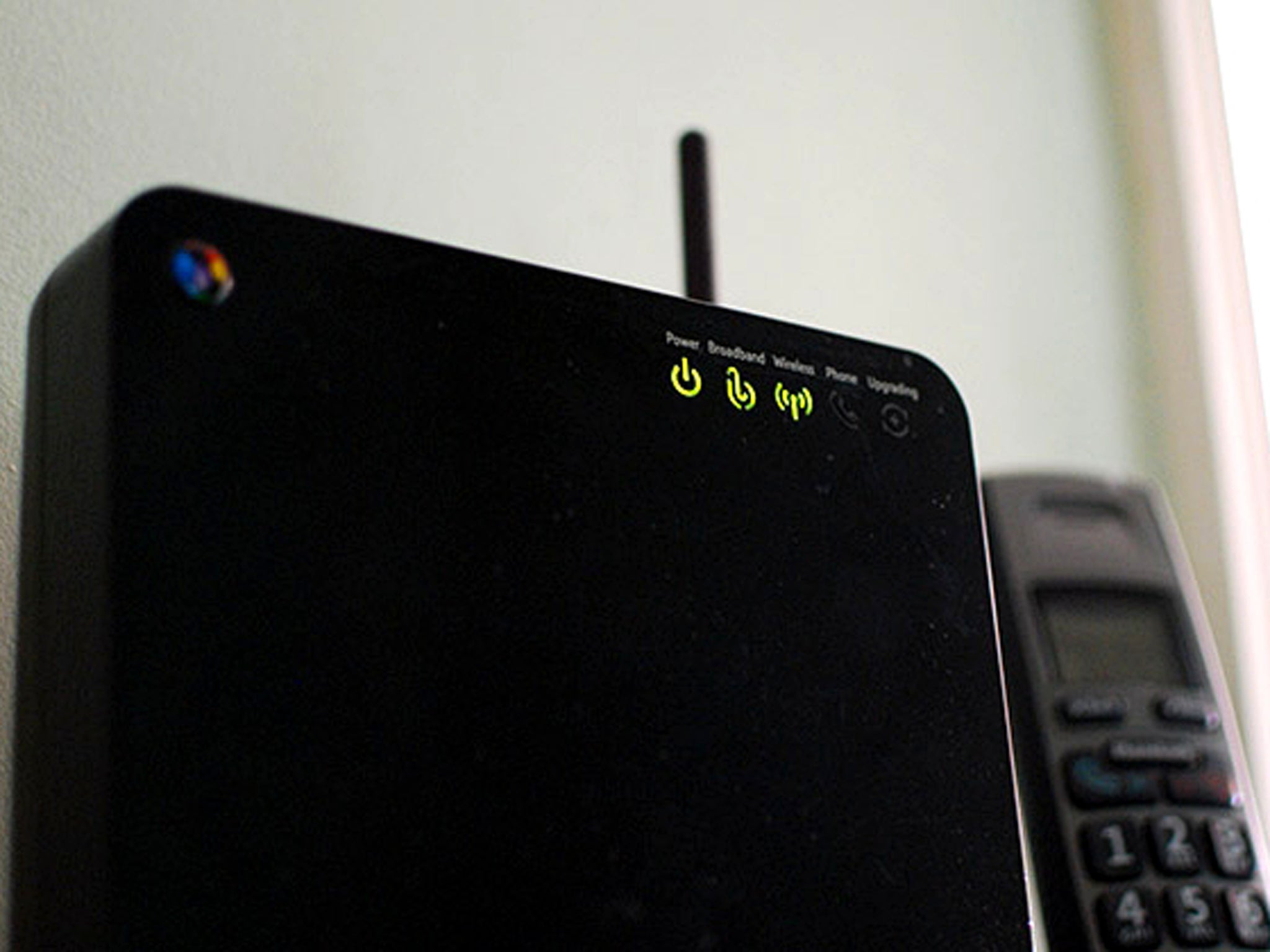If Openreach acts as a boost to national productivity then BT can keep it: if not, it will have to be prised from their grip
As the Budget made clear, broadband is one of the most vital infrastructure changes that Britain faces; it will be of even greater importance as the nation seeks to gain competitive advantage post-Brexit

Your support helps us to tell the story
From reproductive rights to climate change to Big Tech, The Independent is on the ground when the story is developing. Whether it's investigating the financials of Elon Musk's pro-Trump PAC or producing our latest documentary, 'The A Word', which shines a light on the American women fighting for reproductive rights, we know how important it is to parse out the facts from the messaging.
At such a critical moment in US history, we need reporters on the ground. Your donation allows us to keep sending journalists to speak to both sides of the story.
The Independent is trusted by Americans across the entire political spectrum. And unlike many other quality news outlets, we choose not to lock Americans out of our reporting and analysis with paywalls. We believe quality journalism should be available to everyone, paid for by those who can afford it.
Your support makes all the difference.The stock market is not always a reliable guide to much, but the fact that BT’s shares were among the best performing equities suggests at least something about the deal it has reached with the regulators over Openreach, its broadband operation.
Investors were evidently relieved that BT has retained this important and profitable business inside its portals, at least for the time being. The news added £1.2bn to BT’s stock-market valuation. But is what’s good for BT automatically bad for Britain – or even BT’s vocal competitors, who have called for Openreach to be entirely hived off from the parent?
No, if the reaction of some of those very competitors are to be believed. TalkTalk chief executive Dido Harding, for example, who has troubles enough of her own, has called it “a step towards delivering better service to customers”. Ofcom is obviously satisfied that it has found the right balance and that the nationally important business of providing a high-speed reliable broadband service to every home and business in the country is entrusted to a company that is in a position to achieve it. As the Budget made clear once again, this is one of the most vital infrastructure changes that Britain faces; it will be of even greater importance as the nation seeks to gain competitive advantage post-Brexit, and, with government assistance in funding, BT must ensure that rural communities are not excluded from the technology. Indeed, BT's failure to make this a reality for so long has fuelled much of the resentment towards the company.
So we shall see if the new independent-but-not-wholly-independent Openreach performs. As a properly constituted subsidiary company with its own board, the majority of whom will be non-executive independent directors, it has much more of an arm’s-length relationship with the parent than when it was a mere operating arm. That said, the entity will nonetheless be wholly owned by BT, and ultimately accountable to the BT board and shareholders. That is to say it is not going to be directly accountable to Openreach’s major clients, such as Vodafone, Virgin and TalkTalk, or its retail customers or the nation as a whole for the part it plays in the economy.
The ideal solution would indeed have been to hive off Openreach via a public offering of shares to private investors and institutions. That, however, was probably not going to be easy, given the future pensions liabilities Openreach would have had to support, even with a government guarantee. Moreover, even if such an entity could have been sold off, it would have run the risk of failing because of those obligations, with dire consequences.
One option, which could be revisited should Openreach not live up to expectations, is for the broadband operation’s pension fund (only) to be nationalised as an exceptional measure, and the company then sold off, with a carful limit on the number of shares in Openreach that can be owned by BT and other telecoms firms and internet service providers. Fast, efficient, reliable and universal internet provisions is a national priority. If Openreach in its new incarnation can be the agent of that boost to national productivity, then BT can keep it; if not, then Openreach will have to be prised out from BT’s grip.
Join our commenting forum
Join thought-provoking conversations, follow other Independent readers and see their replies
Comments